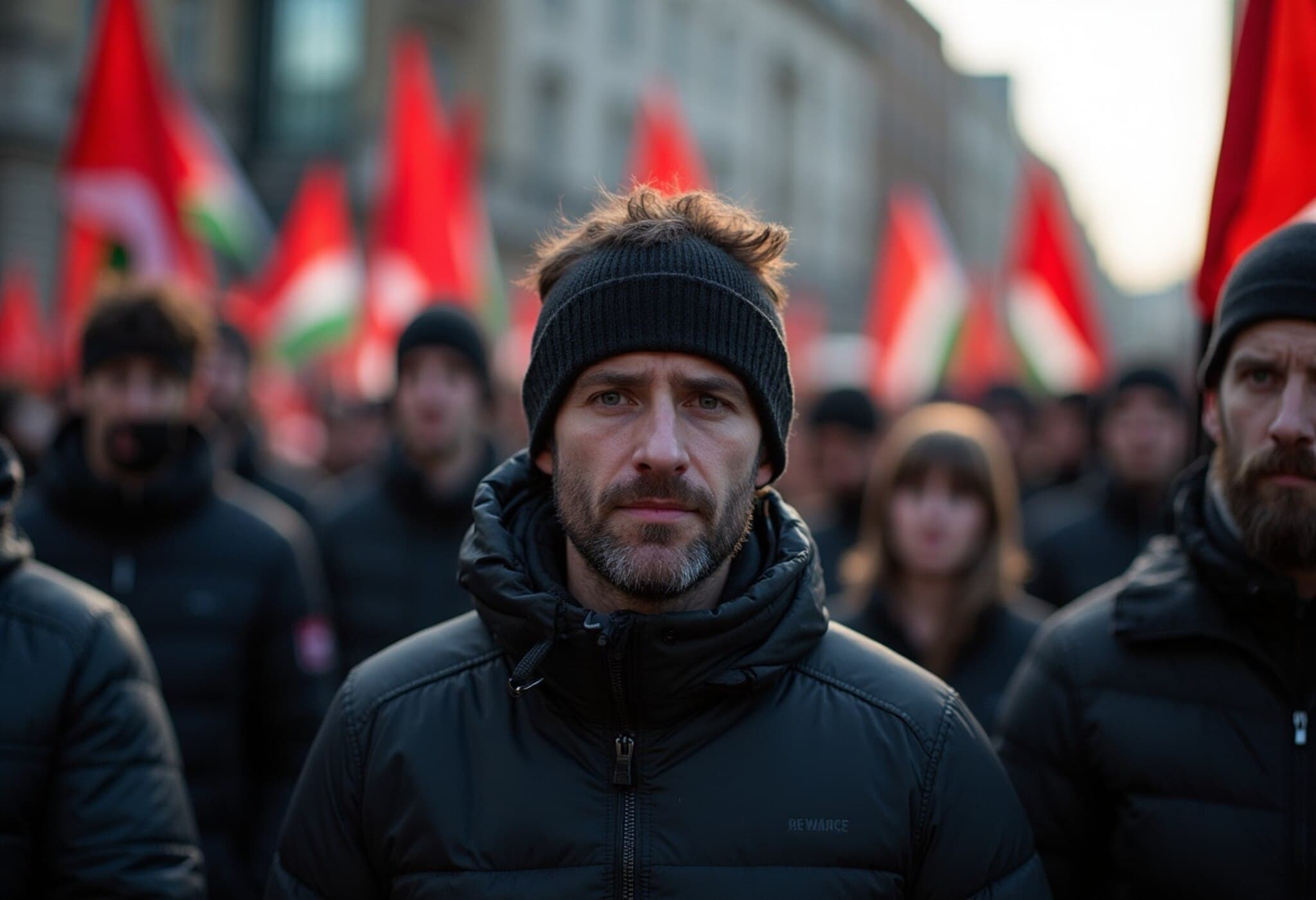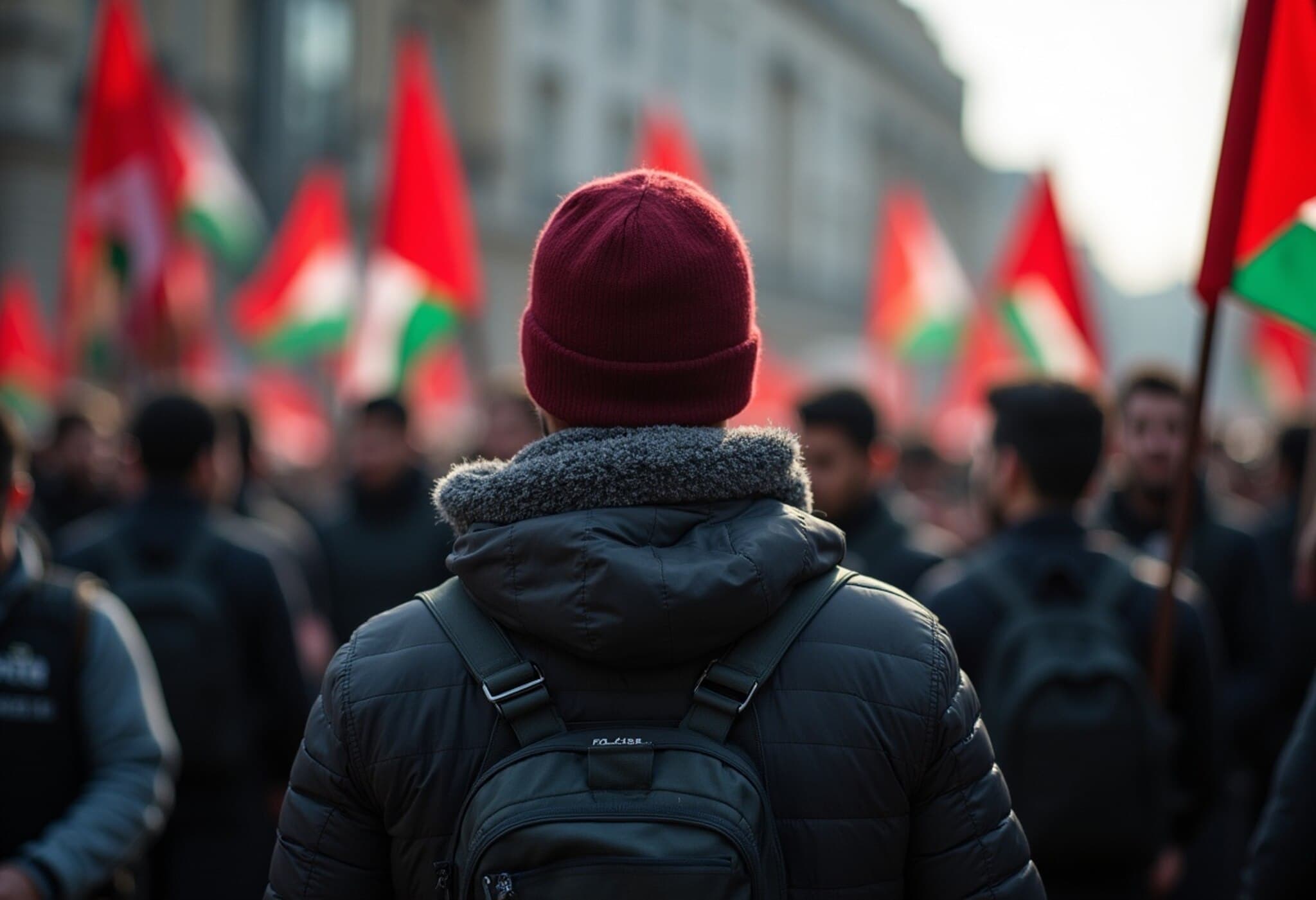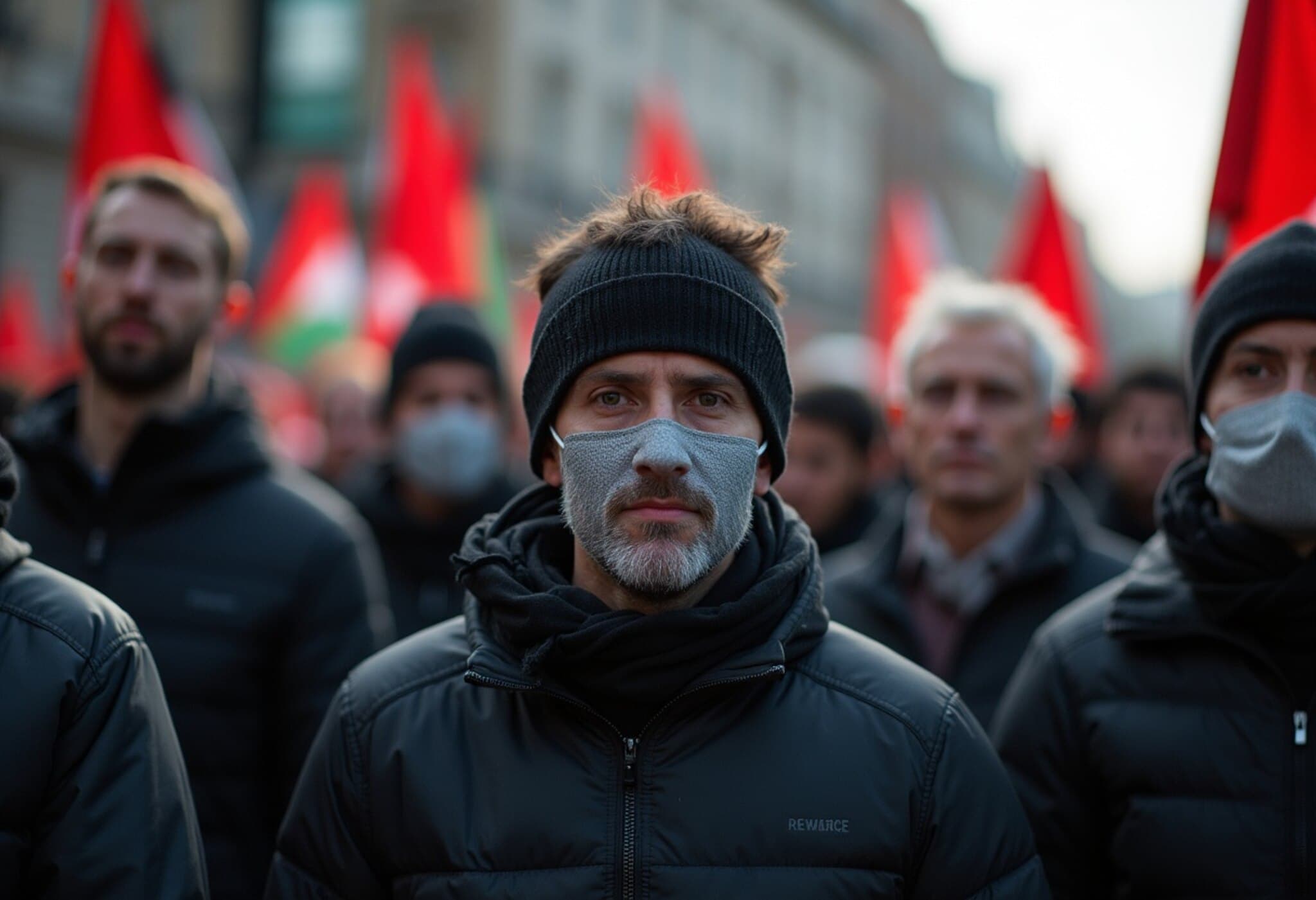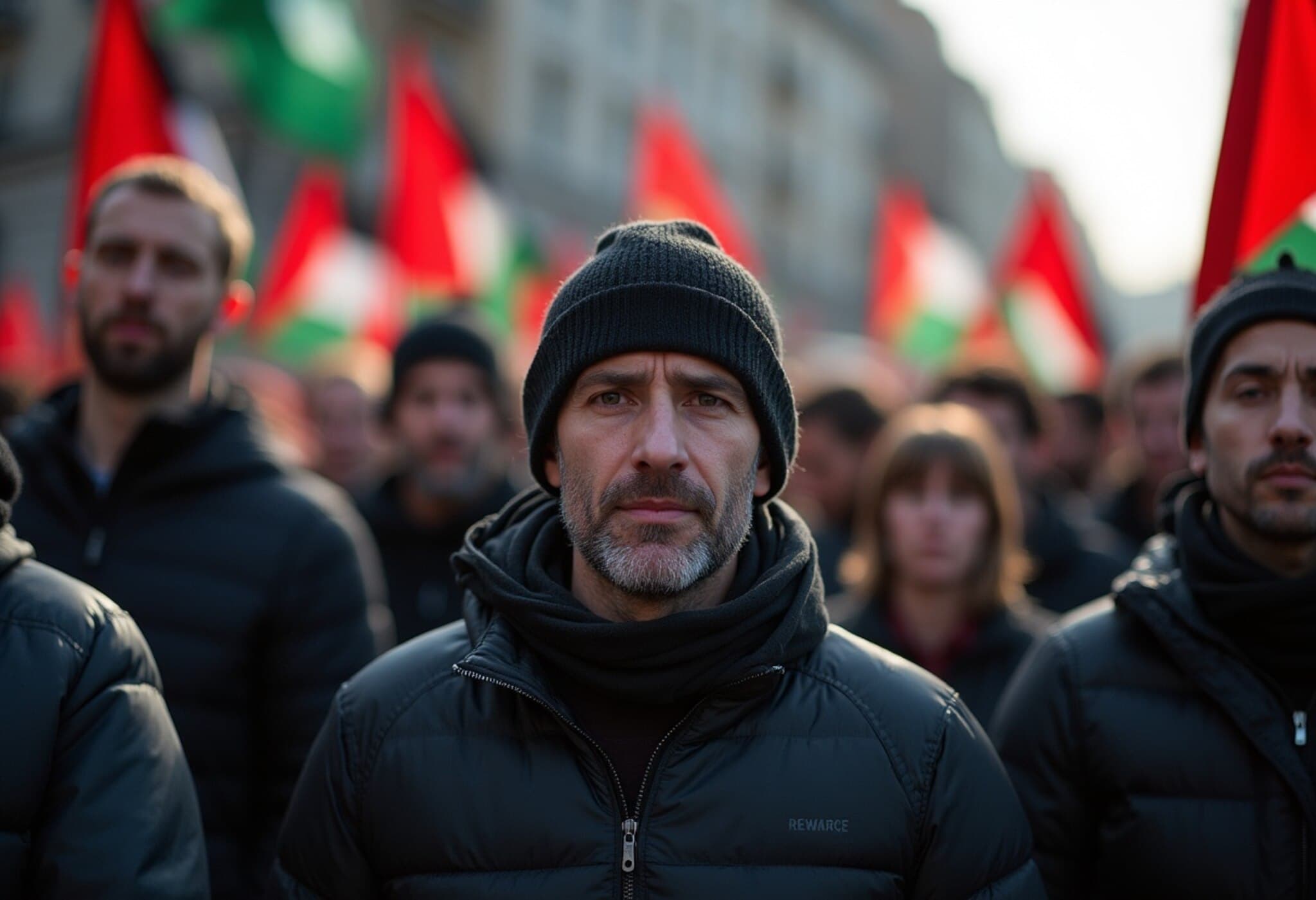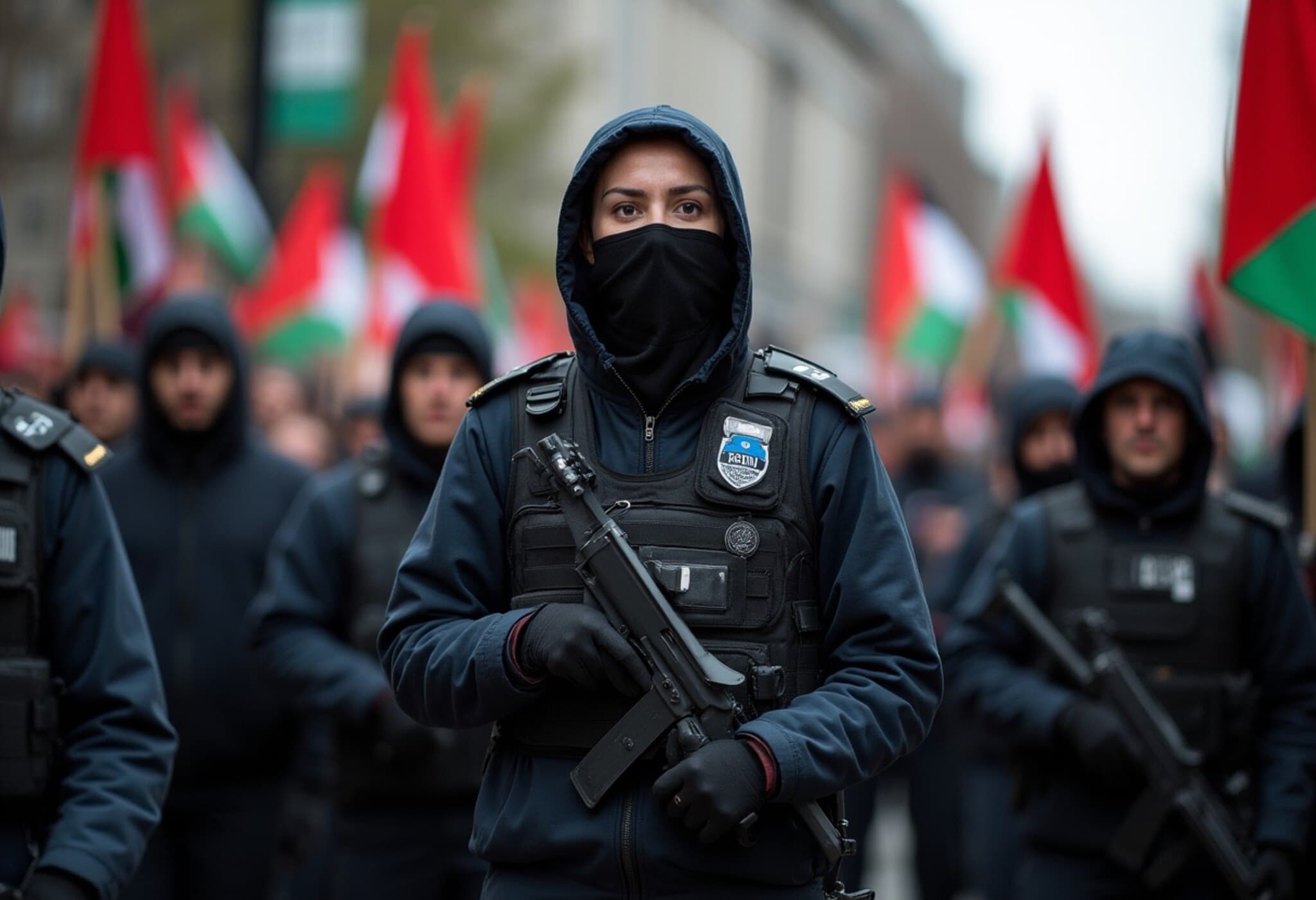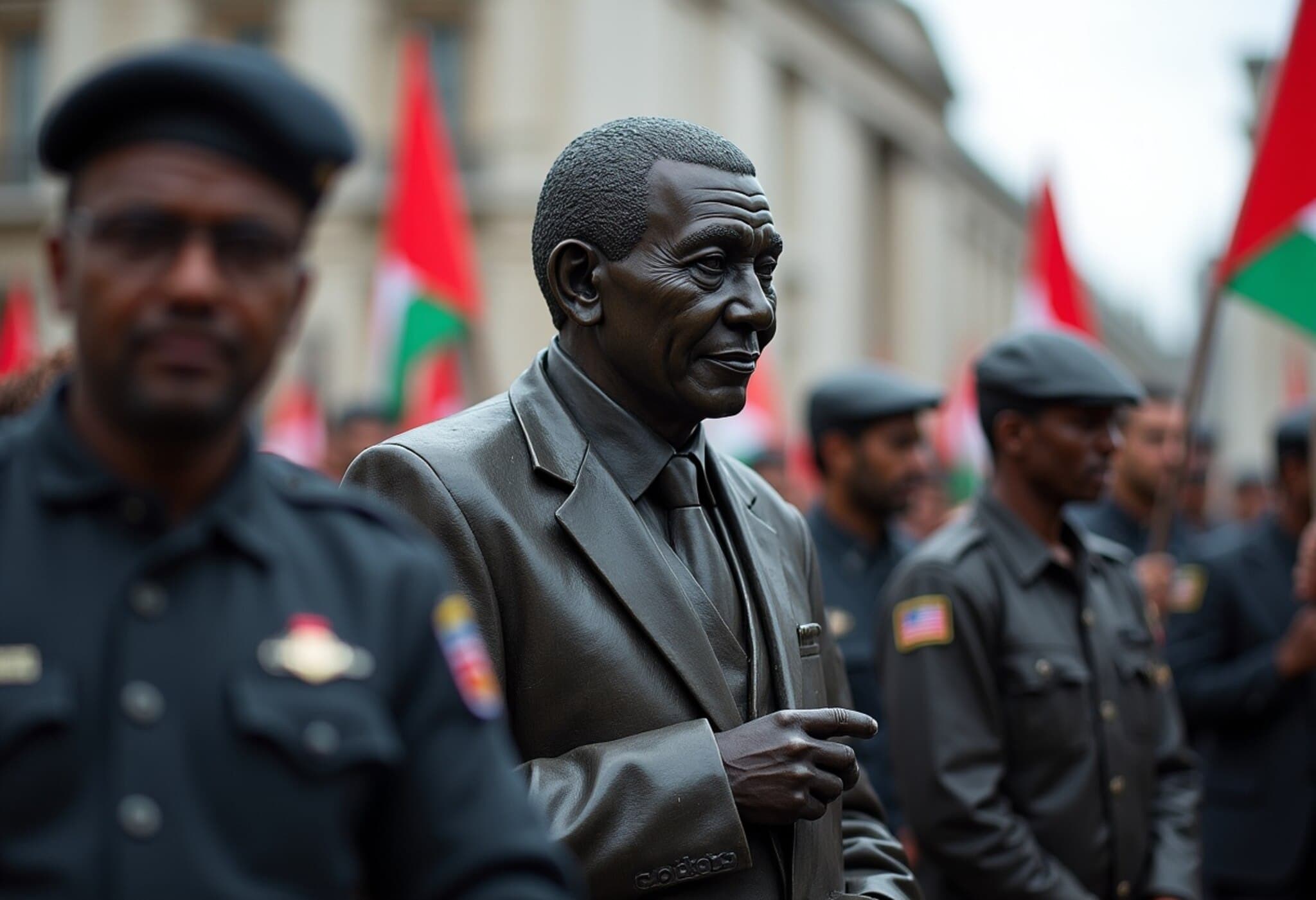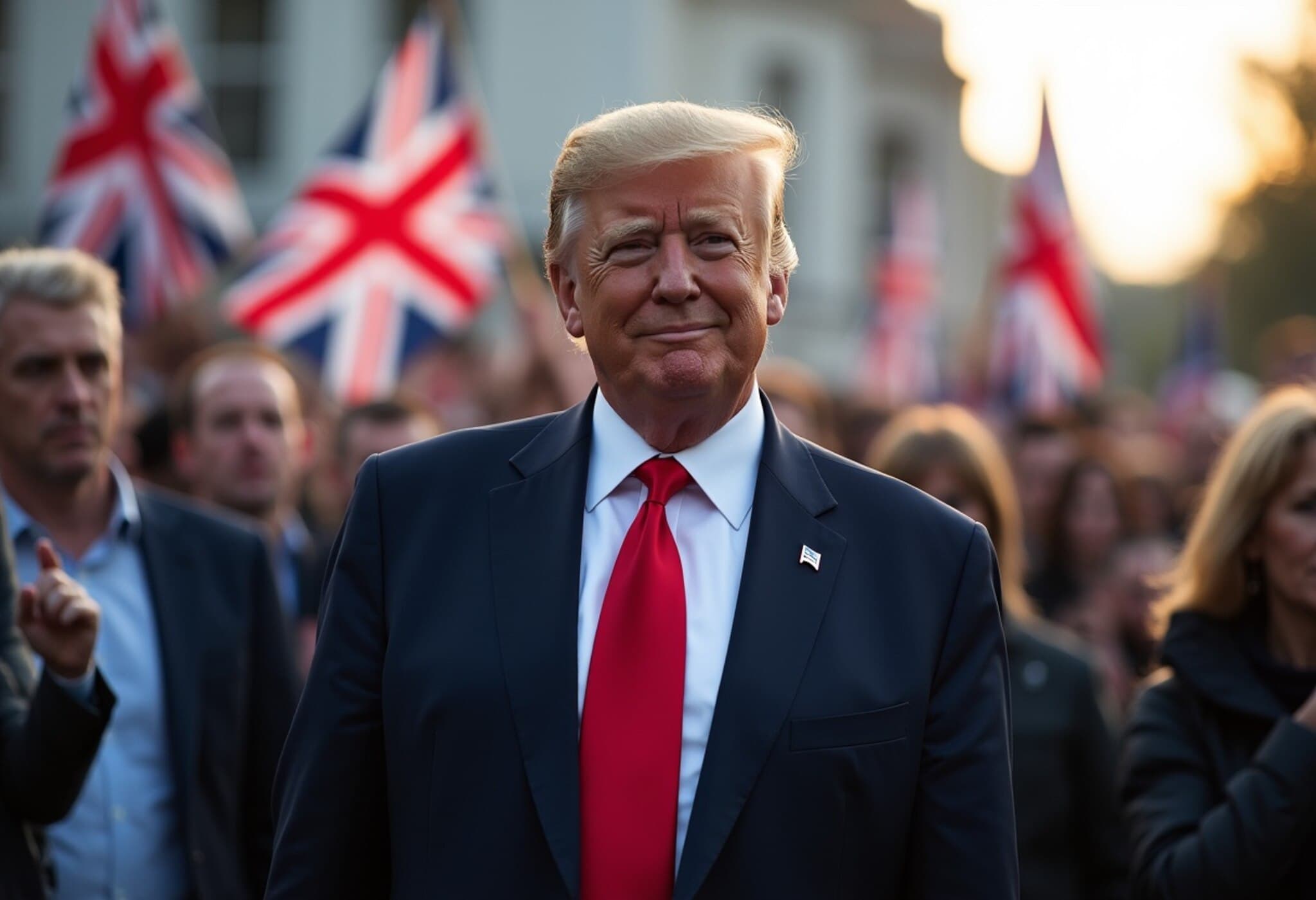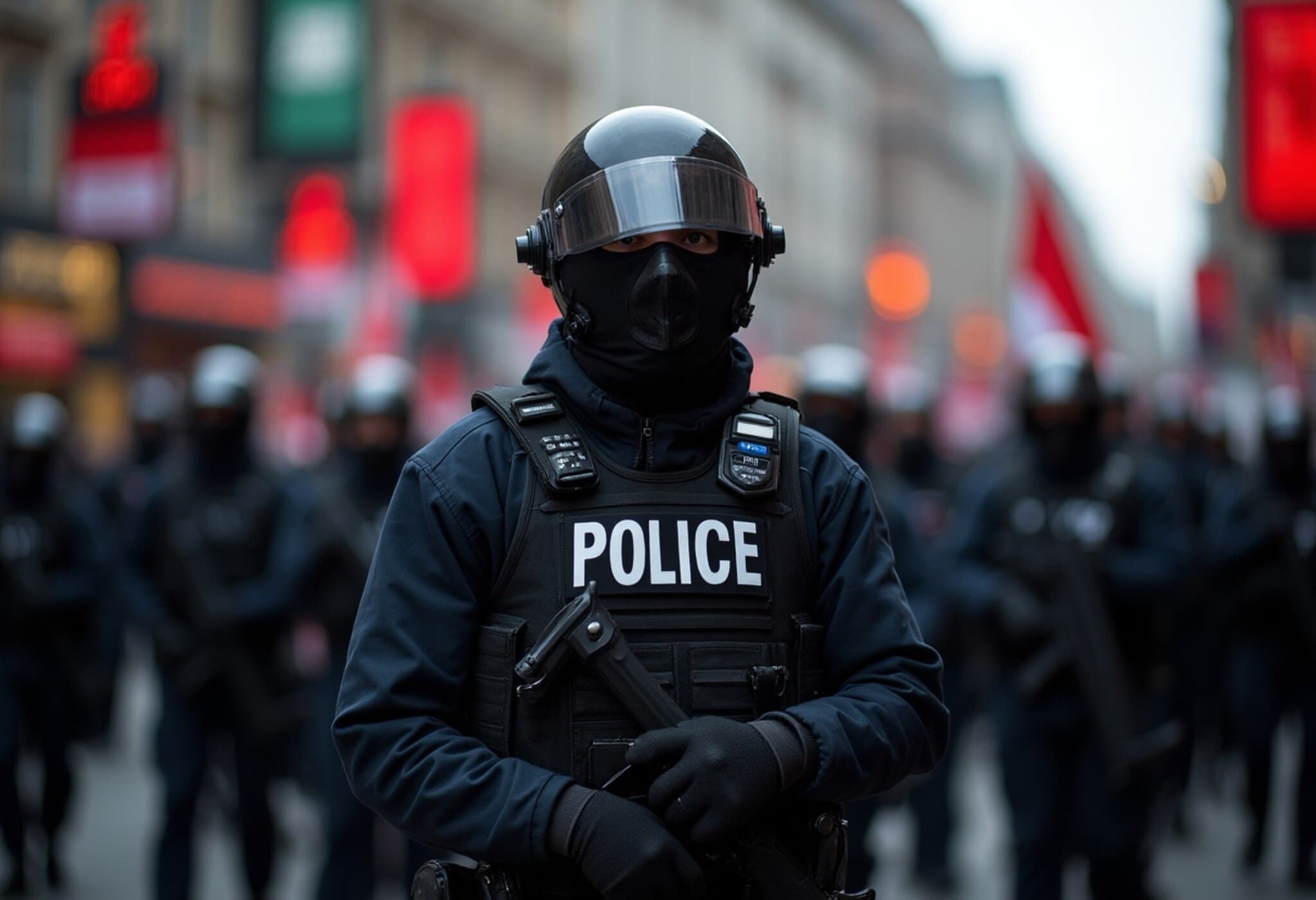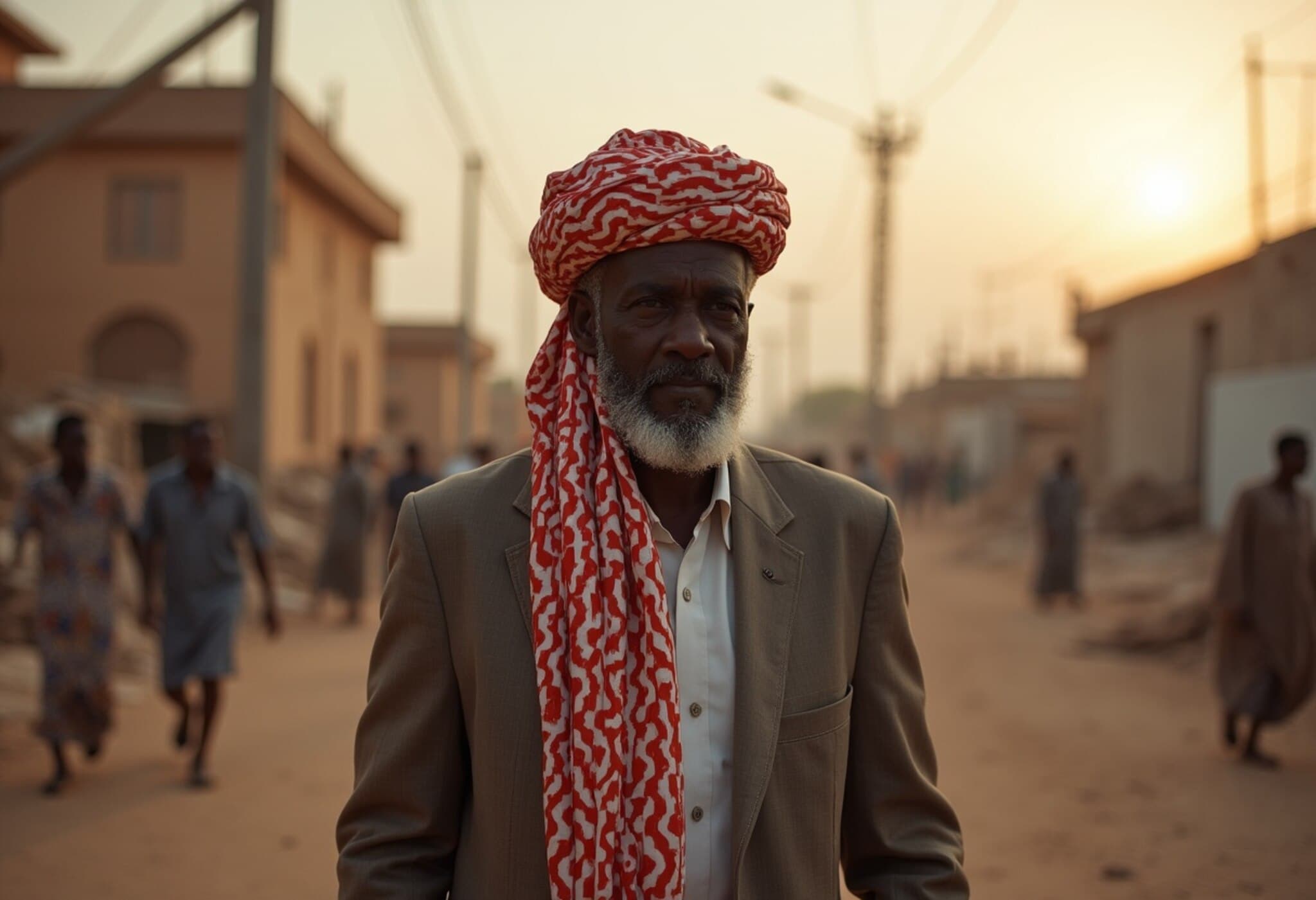Widespread Arrests Mark UK Protests Supporting Banned Group Palestine Action
In a remarkable show of civil unrest, over 100 individuals were arrested across multiple UK cities during protests opposing the government’s recent designation of Palestine Action as a banned terrorist organisation. Demonstrations erupted simultaneously in London, Manchester, Edinburgh, Bristol, and Truro, fueled by supporters demanding the de-proscription of the group.
The Largest Protest in Westminster in Recent Memory
The Metropolitan Police reported that at least 55 people were detained under Section 13 of the Terrorism Act 2000, primarily for displaying placards in support of Palestine Action. The sizeable gathering around Parliament Square — notably adjacent to the Mahatma Gandhi statue — marked the most significant protest in that iconic London space in recent times.
- Protesters carried placards stating: “I oppose genocide, I support Palestine Action.”
- Police conducted bag searches and used handcuffs for detained individuals, with some carried away physically.
Authorities and Activists Clash Over the Organization’s Status
The UK government, under Prime Minister Keir Starmer, classified Palestine Action as a terror group under the Terrorism Act 2000 just two weeks prior — a move that criminalizes support or membership. This legal shift sparked deep tensions.
Defend Our Juries, the campaign leading the protests, sharply criticized the government for alleged complicity in what they call Israel’s genocide against Palestinians. Their statement on social platform X read: The UK government is complicit in Israel’s genocide against Palestinians. They are attempting to silence those who expose this complicity.
On the other side, law enforcement stressed their duty to uphold the new designation and public safety, resulting in additional arrests during a march organized by the Palestine Coalition through Whitehall.
The Broader Context: Ongoing Israel-Gaza Conflict
The unrest in the UK echoes the deep divisions and trauma generated by the war between Israel and Gaza, which reignited violently in October 2023 following Hamas' unexpected attack on Tel Aviv. The conflict remains unresolved, with no ceasefire in sight as both sides hold firm to their demands.
A witness detained in Parliament Square conveyed the protesters’ core sentiment: We demand that Palestine Action is de-proscribed. Our government is not only arming a genocide, they are using terrorism laws to silence people who speak out.
Expert Insights: The UK’s Balancing Act Between Security and Free Expression
From a policy perspective, the UK government’s decision to proscribe Palestine Action underscores a delicate balancing act between national security concerns and the protection of civil liberties. Experts warn that such actions risk polarizing public opinion and potentially driving activism underground.
Legal analysts point out that Section 13 of the Terrorism Act 2000 has broad applications but raises questions about proportionality and political expression, especially when used against advocacy groups. The controversy invites a broader conversation about the scope of terrorism legislation in democracies and its impact on freedom of speech.
Looking Ahead: What This Means for UK Activism and Policy
- The arrests reflect a heightened government clampdown on pro-Palestine activism.
- There is potential for further protests or legal challenges surrounding the ban.
- The situation may influence the UK’s diplomatic stance on Middle East issues amid growing domestic pressure.
Editor’s Note
The widespread arrests across the UK amidst protests supporting Palestine Action bring into sharp focus the tension between counterterrorism efforts and the fundamental right to protest. While governments have legitimate security concerns, the use of anti-terror laws in this context raises critical questions about civil liberties, political dissent, and the role of the state in framing narratives around complex international conflicts. Readers are encouraged to consider the broader implications of these developments not only for UK society but also within the global discourse on human rights and justice.

